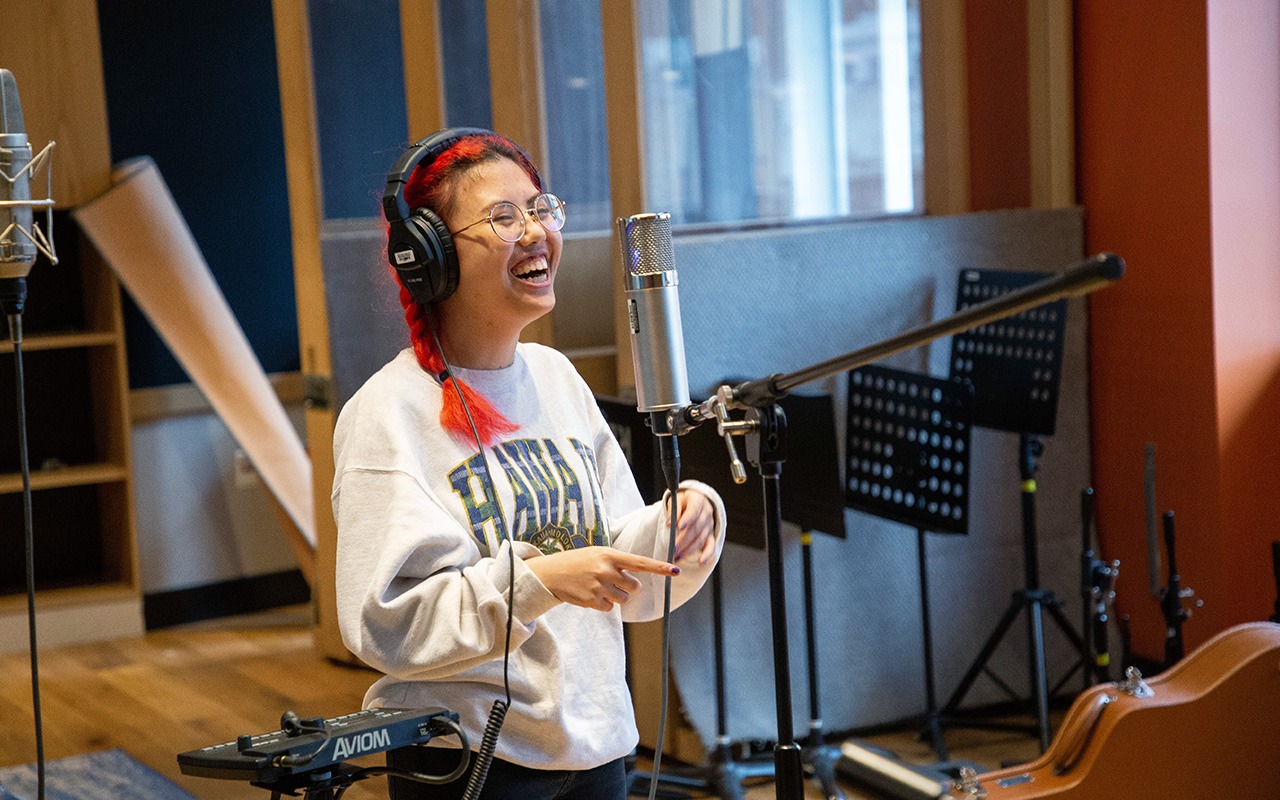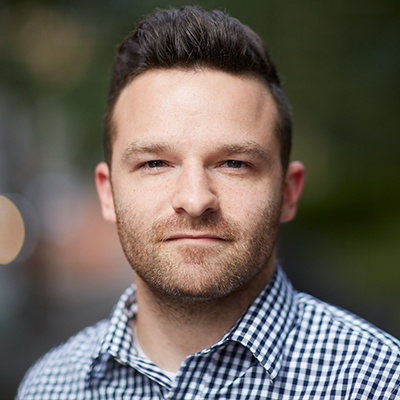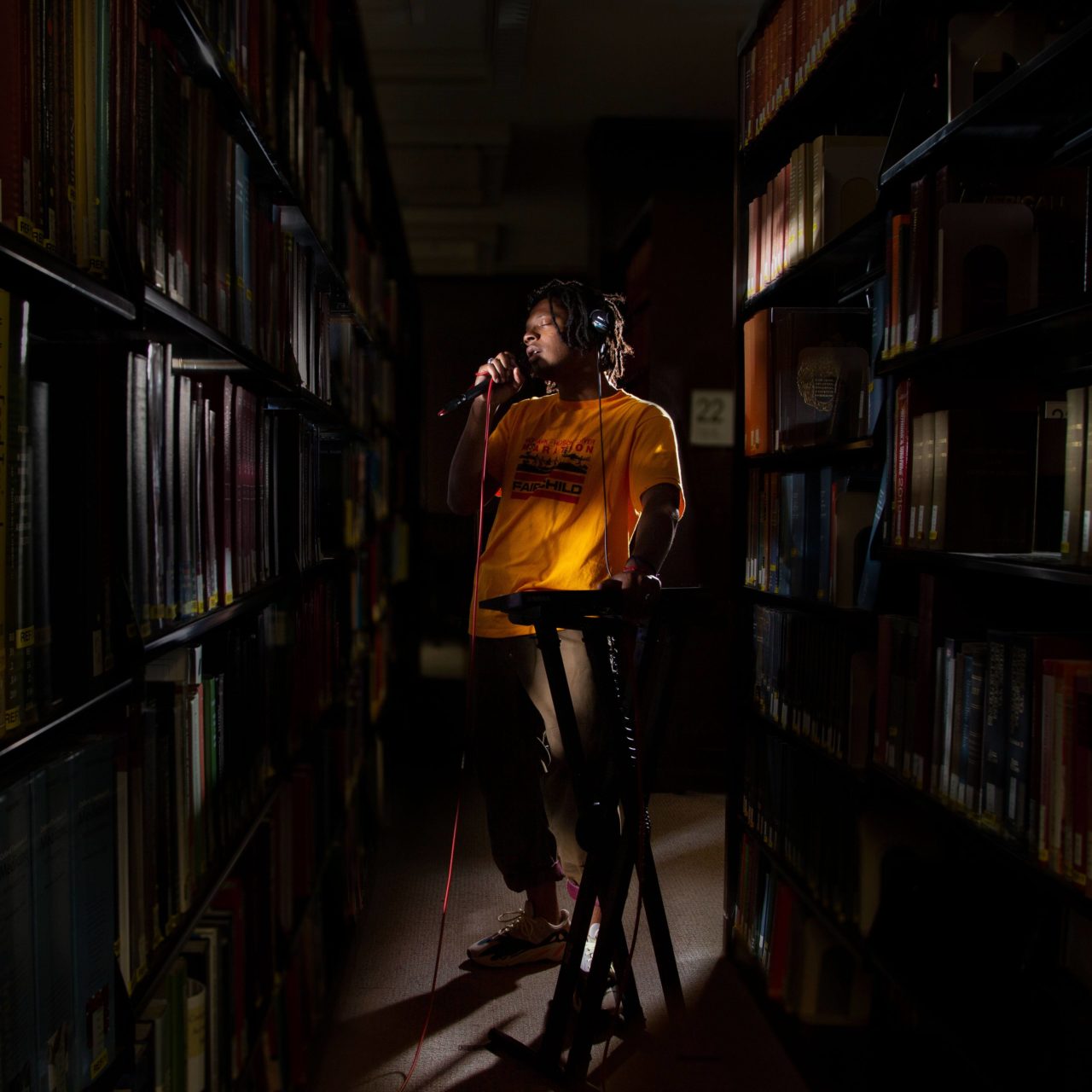
When it comes to navigating the music business at NYU, there are many options to consider. From education and performance to business and technology, there’s a program to suit almost any musician’s tastes! While this is exciting, it can also be confusing. Programs exist in several different NYU schools and campuses, which means that doing your research is incredibly important. If you’re interested in studying music with us and you aren’t sure which way to turn, look no further! I’ve got you covered.
Identify Your Area of Interest
-
General music
-
Business
-
Composition
-
Technology
-
Education
-
Performance
-
Music theatre
-
Recorded music
Find the School, College, and Campus

But…Which Is Which?
This is where things get a little tricky. We often get asked what the difference is between certain programs that, on the surface, might sound the same. Let’s break those down:
Recorded Music, Music Technology, and Music Business
Musical Theatre
Music at CAS vs. Music at NYU Abu Dhabi
Interdisciplinary Study

But How Do I Get In?
No Matter What You Choose—You’re at NYU
There are many programs through which you can further your craft with us. No matter which one you choose, remember that the University is your oyster. Choosing a major in Tisch doesn’t mean that you can’t pursue a minor in Steinhardt. The breadth of our global network means that you can seize music opportunities around the world regardless of the major that you choose. We are a cosmopolitan university with a wide number of paths to pursue. We will encourage you to not only dream big but also seize all opportunities that interest you!



